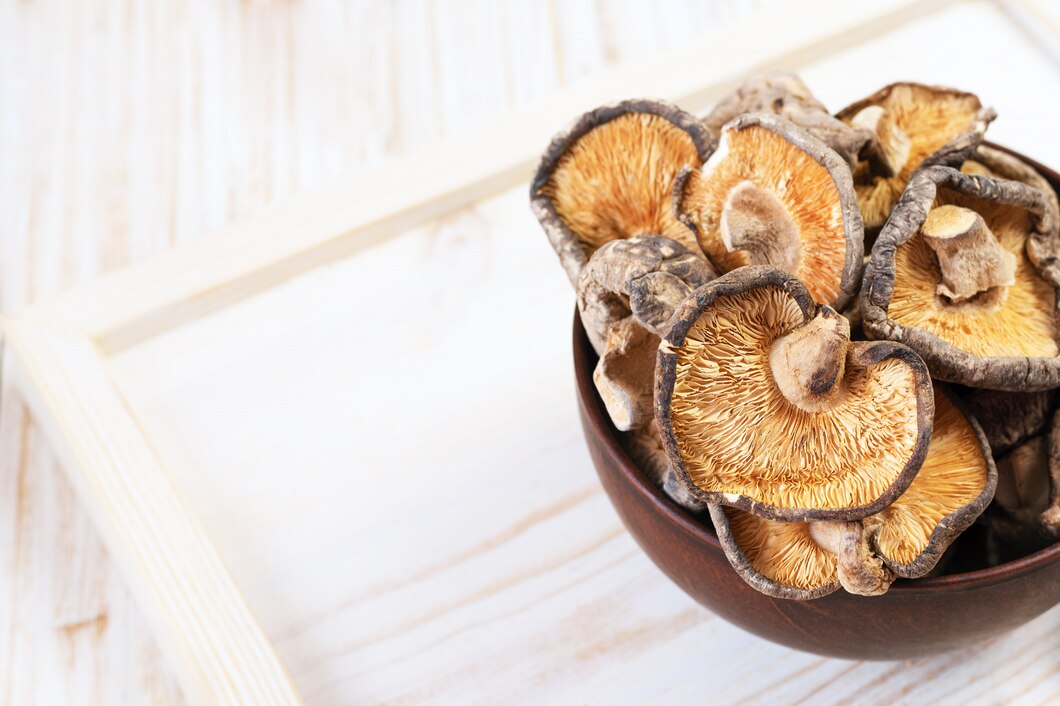
Mushroom on Health 37: Exploring Mushroom Vitamin D: A Natural Source
Mushrooms are not only a delicious addition to meals, but they also offer a wide range of health benefits. One of the most intriguing aspects of mushrooms is their ability to produce vitamin D, a nutrient that is essential for our overall health. In this blog post, we will explore the fascinating world of mushroom vitamin D and how it can contribute to your well-being.
What is Mushroom Vitamin D?
Vitamin D is a vital nutrient that plays a crucial role in various bodily functions. It helps regulate calcium and phosphorus absorption, supports immune function, and promotes bone health. While most of our vitamin D comes from sunlight exposure, certain foods can also provide this essential nutrient. Mushrooms, in particular, have the unique ability to produce vitamin D when exposed to ultraviolet (UV) light.
How Do Mushrooms Produce Vitamin D?
When mushrooms are exposed to UV light, they undergo a chemical reaction that converts a compound called ergosterol into vitamin D2. This process is similar to how our skin produces vitamin D when exposed to sunlight. By harnessing the power of UV light, mushrooms become a natural source of vitamin D.
The Benefits of Mushroom Vitamin D
Including mushrooms in your diet can offer numerous health benefits, thanks to their vitamin D content. Here are some of the advantages:
1. Supports Bone Health
Vitamin D plays a crucial role in calcium absorption, which is essential for maintaining strong and healthy bones. Adequate vitamin D levels can help prevent conditions like osteoporosis and reduce the risk of fractures.
2. Boosts Immune Function
Vitamin D is known for its immune-boosting properties. It helps regulate immune responses and supports the body's defense against infections and diseases. Including mushroom vitamin D in your diet can contribute to a robust immune system.
3. Enhances Mood
Research suggests that vitamin D may play a role in mood regulation. Adequate levels of vitamin D have been associated with a lower risk of depression and improved overall mood.
4. Supports Heart Health
Studies have shown a link between vitamin D deficiency and an increased risk of cardiovascular diseases. By including mushroom vitamin D in your diet, you can potentially support heart health and reduce the risk of heart-related conditions.
How to Incorporate Mushroom Vitamin D into Your Diet
Adding mushroom vitamin D to your diet is simple and delicious. Here are a few ideas:
1. Sun-Dried Mushrooms
Look for sun-dried mushrooms, which have been exposed to UV light to increase their vitamin D content. These can be used in various recipes, such as soups, stews, and stir-fries.
2. UV-Exposed Mushrooms
Some mushroom varieties are grown under UV light to enhance their vitamin D content. Look for labels indicating UV exposure when purchasing mushrooms.
3. Mushroom Supplements
If you have limited access to UV-exposed mushrooms, you can also consider mushroom vitamin D supplements. These supplements provide a convenient way to ensure you're getting an adequate amount of this essential nutrient.
Remember to consult with a healthcare professional before starting any new supplements.
Conclusion
Mushrooms are not only a versatile and delicious ingredient but also a natural source of vitamin D. By incorporating mushroom vitamin D into your diet, you can support your bone health, boost your immune system, enhance your mood, and promote heart health. So, why not explore the world of mushroom vitamin D and enjoy the numerous benefits it has to offer?
